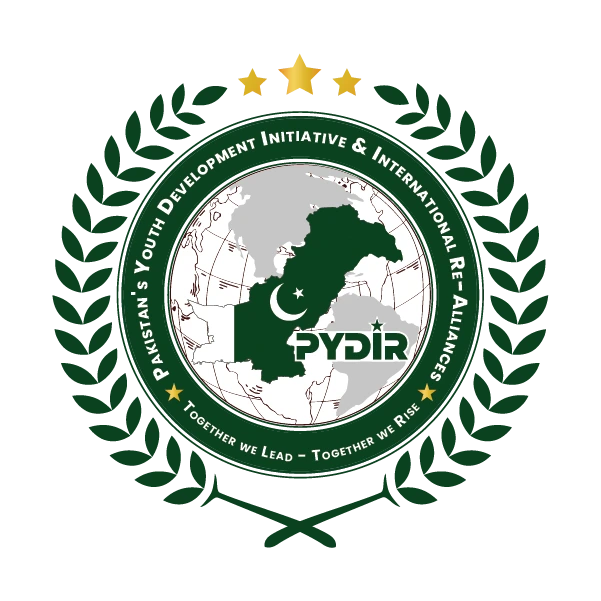The article “The Contribution of the International Court of Justice to International Humanitarian Law”, Volume 85, Number 850, was written by Vincent Chatel. He was a teacher and worked as a consultant for the United Nations High Commissioner for Refugees.
The author of this article emphasizes the relationship between the International Court of Justice and international humanitarian law. He said that the International Court of Justice (ICJ) plays a fundamental role in interpreting international humanitarian law (IHL) through its jurisdiction and advisory opinion. IHL has customs, norms, and values, which ICJ helps to maintain and regulate.
There were discussions in which the members of IHL and ICJ said that these international institutions have the same source and some links, as they both have concerns about human dignity. The ICJ explains rules and regulations about human rights in any armed conflict as “fundamental to the respect of the human person and an elementary consideration of humanity.” The ICJ encourages the states to not be involved in any armed conflict through its jurisdictions. Articles 4 and 6 of the IHL have importance. As we considered the statement of Abdul Koroma, a judge in the International Court of Justice, the convention of the IHL is a reflection of customary laws and norms.
The ICJ has made several contributions to interrupt and shape international legal principles, such as the protection of civilians, rules on the conduct of hostilities, treatment of prisoners of war, and human rights during the time of warfare and in any conflict. The ICJ talked about ‘jus cogens’ rules that are connected to IHL. These rules concerned human rights, reducing or stopping the use of force, giving freedom to people, making genocide illegal, slavery, and torture. The ICJ considered these rules to be equally crucial for every state, and violation of these rules is generally considered to be universally condemned.
As we consider the example of a wall built by Israel in Palestinian land, many countries disagree with Israel’s step, saying the control of East Jerusalem and other areas broke the IHL, the protection of civilians’ rights. In response, the court said this disrupts Palestinian daily lives and is against the IHL and the 4th Geneva Convention. Hence, the court decided on proper guidelines for the occupation forces to treat and respect the human rights of Palestinians.
In conclusion, the ICJ has made a great contribution to the IHL regarding human rights, although its role is limited as it mainly focuses on disputes between states. However, some countries do not agree to let the ICJ interfere in their decisions, and some decisions, such as those made by the ICJ, say that the use of nuclear weapons should not be prohibited under any extreme self-defense situations. Some critics argue that it doesn’t address the complexities of nuclear destruction.
The writer is a student of “International Relations” at the “International Islamic University Islamabad” and a member of PYDIR.



